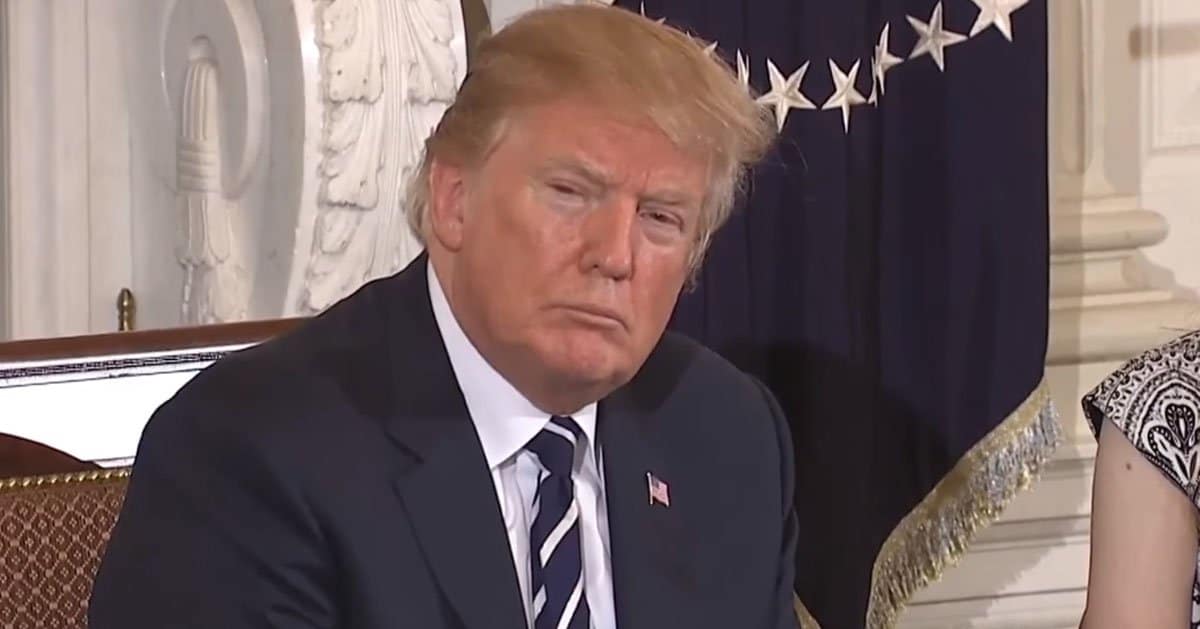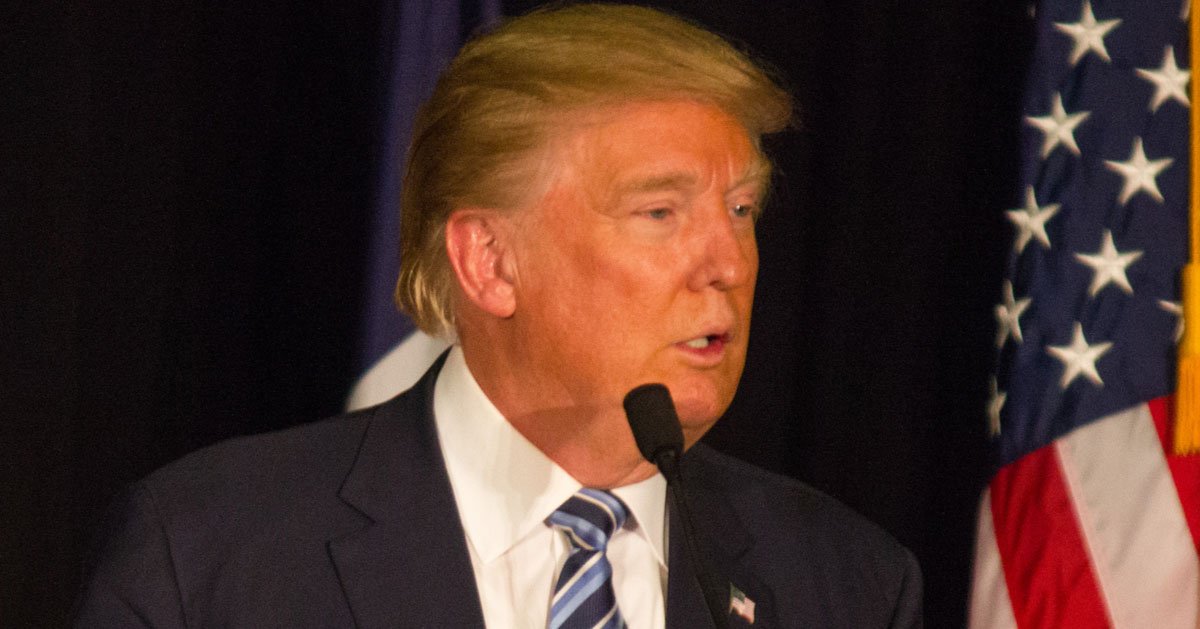








President Donald Trump is jet-setting across the globe in a diplomatic sprint that could make even the most seasoned traveler dizzy, tackling a historic peace deal in the Middle East before racing back to Washington for a heartfelt tribute.
Fox News reported that in a whirlwind itinerary, Trump will journey to Israel and Egypt to cement a groundbreaking agreement between Israel and Hamas, then return to the nation’s capital to posthumously award the Presidential Medal of Freedom to the late conservative activist Charlie Kirk.
Starting in Israel early Monday, Trump will address the Knesset, the nation’s parliament, with a speech likely to underscore his role in brokering peace.
He’ll also meet with hostages recently freed under the deal, a poignant moment after Hamas agreed to release all 48 living and deceased captives within a tight 72-hour window that kicked off late last week.
Let’s not sugarcoat it—securing this agreement, which also includes the return of around 28 bodies of hostages, is a monumental feat in a conflict that erupted two years ago with Hamas’ attack on Israel.
Trump himself noted the somber weight of the moment, saying, “It's a tragedy,” when reflecting on the returned remains during a recent statement.
From Israel, Trump heads to Sharm el-Sheikh, a Red Sea resort city in Egypt, for an international summit on Monday to finalize the peace accord.
With over 20 world leaders expected to attend, as confirmed by an Egyptian presidential spokesperson, this gathering isn’t just a photo op—it’s a global stamp of approval on a deal that could reshape the region.
Trump quipped about the packed schedule, “It's not easy for me to get back,” acknowledging the tight timeline of his Middle East stops before dashing home.
By Tuesday, Trump will be back in Washington, D.C., for a White House ceremony in the East Room to honor Charlie Kirk, the conservative firebrand tragically assassinated last month at Utah Valley University.
The event, timed to coincide with what would have been Kirk’s 32nd birthday, will see the late activist awarded the Presidential Medal of Freedom, the highest civilian honor in the land.
It’s a fitting tribute to a man who championed conservative values, even if some on the progressive side might roll their eyes at the timing of such pomp amid global crises.
Kirk’s widow, Erika, along with a host of supporters, will attend the ceremony, which Trump first promised weeks ago as a posthumous recognition of Kirk’s impact.
While the left may grumble about “divisive figures” getting such accolades, there’s no denying the personal loss felt by many in the conservative movement, and this gesture speaks to that grief.
In the end, Trump’s whirlwind trip—from brokering peace in a war-torn region to honoring a fallen ally—shows a leader balancing global stakes with personal tributes, even if his critics might call it a publicity stunt.



